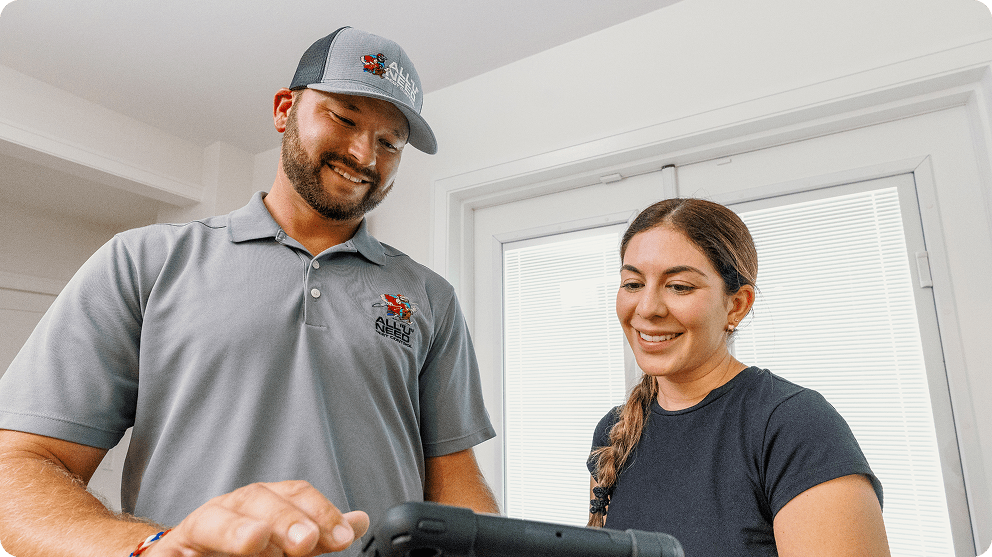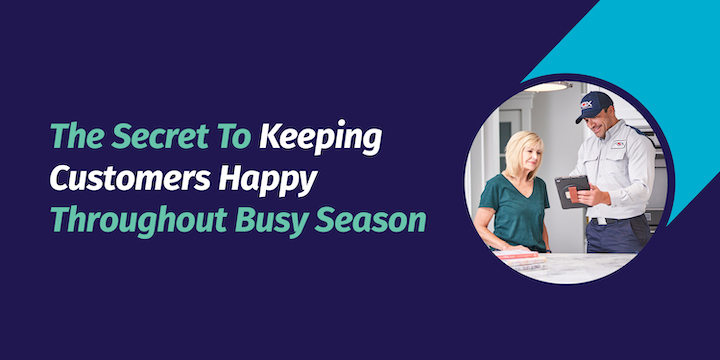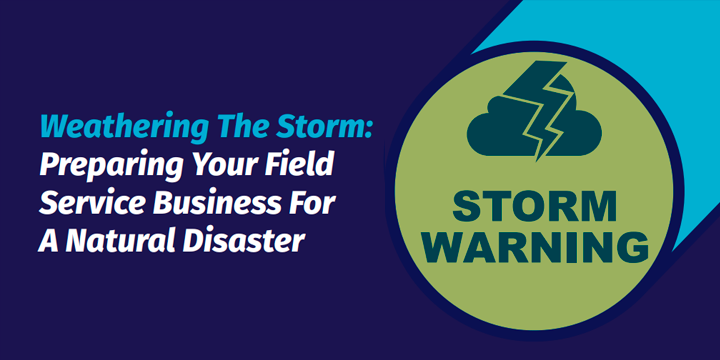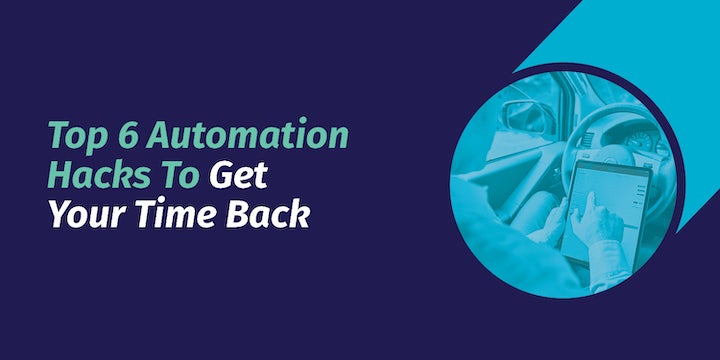Pricing 101: Understanding Your Expenses
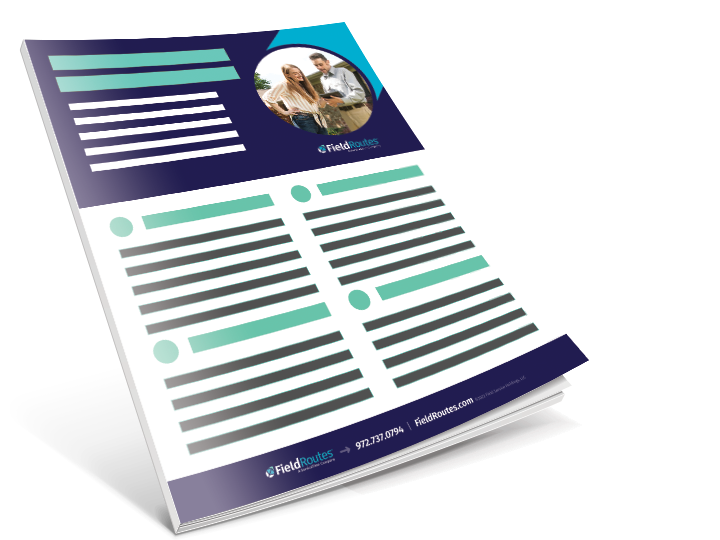
Whether you’re a one-person operation or a nationwide enterprise pest control business, understanding how to calculate your true costs will not only help you plan properly but, most importantly, gain profits. Check out these key takeaways from the webinar How To Calculate True Cost: Demystifying Bids And Contracts, hosted by Wayne Volz, President of Profits Unlimited.
1. Know The Difference Between Cost, Mark-Up, & Profit
As a business owner, this may sound like basic, fundamental math, but let’s just start at the beginning before we move on to more complicated stuff. Here’s a quick example for reference:
COST = $35.00
SELL PRICE = $45.00
PROFIT = $10.00
But how much mark-up is that? Your profit divided by your cost is going to be your mark-up. So in this scenario, your mark-up is going to be 29%.
PROFIT $10.00/COST $35.00 = 29%
But wait, there’s more! How much profit is that? Take your profit divided by your selling price, and you get 22%.
PROFIT $10.00/SELLING $45.00 = 22%
2. When Calculating Your Cost Per Hour Of Operation, Include Every Expense
When calculating your cost per hour, don’t forget to include all costs. For example, think about your fixed costs, such as your equipment cost, financing, insurance, and state licensing fees. These are costs that aren’t going to change. Then, you need to include your indirect costs like your fuel and maintenance. Lastly, you have your additional overhead costs such as rent, phone, advertising, administration, electricity, etc. For an example of calculating cost per hour, refer to the sample worksheet provided.
3. Don’t Target Every Customer — Target The Right Customer
When it comes to the pest control industry, it may seem like anyone with a home would be a great prospect, right? Not necessarily. You can’t be all things to all people, and your marketing cost will get out of control if you don’t figure out your target audience. The FieldRoutes CompassTM marketing portal has everything you need to track every dollar spent on marketing. You can track key metrics such as your cost per lead (CPL) and your customer acquisition cost in real-time.
4. Don’t Be Afraid Of Change
When was the last time you actually changed something in your business? Doing the same thing the same way with the same result is going to cost you. Whether it’s looking for new vendors or implementing software to create efficiencies that save you time and money, knowing when to pivot is key to staying ahead of your competitors.
You may think you have all your expenses in your head, but it doesn’t hurt to put it down on paper to get a visual. To calculate your cost per hour for your equipment, it may look something like what we have on the following page:
Annual Machine Cost Work Sheet
Cost Category
1. Purchase Cost/Replacement Cost $13,200.00
2. Salvage Value (10% of purchase price or enter your own amount) $3,500
3. Cost To Be Recovered $9,700
4. Estimated Years Of Life 3
5. Estimated Annual Use In Hours 450
A. (Number of weeks of service X hours per week used)
B. Example: 28 weeks of service X 25 hours of use per week = 700 hours per year
Fixed Cost
6. Amount Financed $13,200.00
A. Interest Rate From Loan (Ex. For 3% enter 3) 0.00%
B. Enter Length Of Loan In Years 4
7. Financed Amount To Be Recovered Annually $3,300.00
A. Non-Financed Amount To Be Recovered Annually $0.00
8. Insurance, Taxes, etc. (Line 1 multipled by 5% if unknown) $135.00
9. State Licensing Fees $0.00
10. Other Direct Cost $0.00
11. Total Fixed Cost $3,435.00
12. Total Fixed Cost Per Hour $7.63
Variable Cost
Fuel Cost Per Year Is Determined Below: 450
13. Hours Of Use Year From Line 5
Enter Fuel Consumption In Gallons Per Hour 1
Total Gallons Required For The Year 450
Enter Cost Per Gallon (Ex. $4.50 = 4.50) $4.25
Total Annual Fuel Cost $1,912.50
14. Vehicle Oil, Grease, Anti-Freeze, Etc. $200.00
15. Vehicle Repairs (Including service labor, tires, belts, hoses, etc.) $400.00
16. Total Variable Cost $2,512.50
17. Total Variable Cost Per Hour $5.58
18. Total Annual Equipment Cost $5,947.50
19. Total Cost Per Hour $13.22
In the end, if you’re not capturing all your expenses, you’re probably spending far more than you realize. Not only does FieldRoutes, a ServiceTitan company, integrate with QuickBooks® Online to help with your everyday costs, but our automation tools and Cloud-based technology are the time-saving solutions to help you grow like never before.
Don’t forget to check out the webinar, How To Calculate True Cost: Demystifying Bids And Contracts, for more detailed information.
